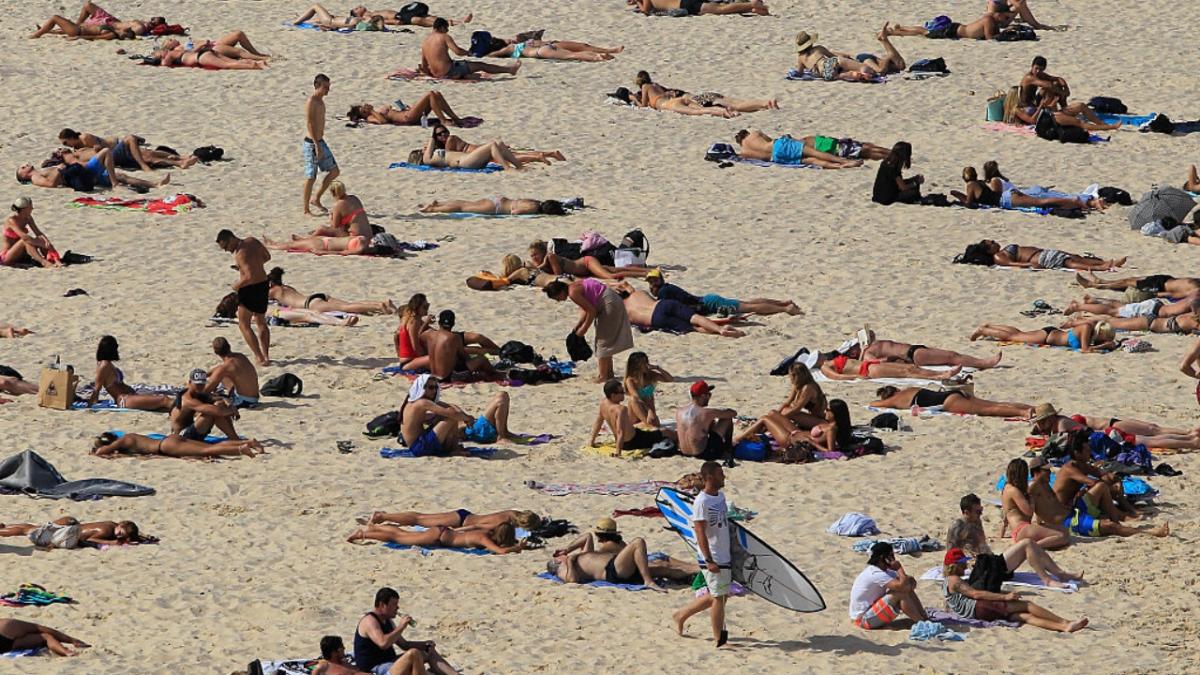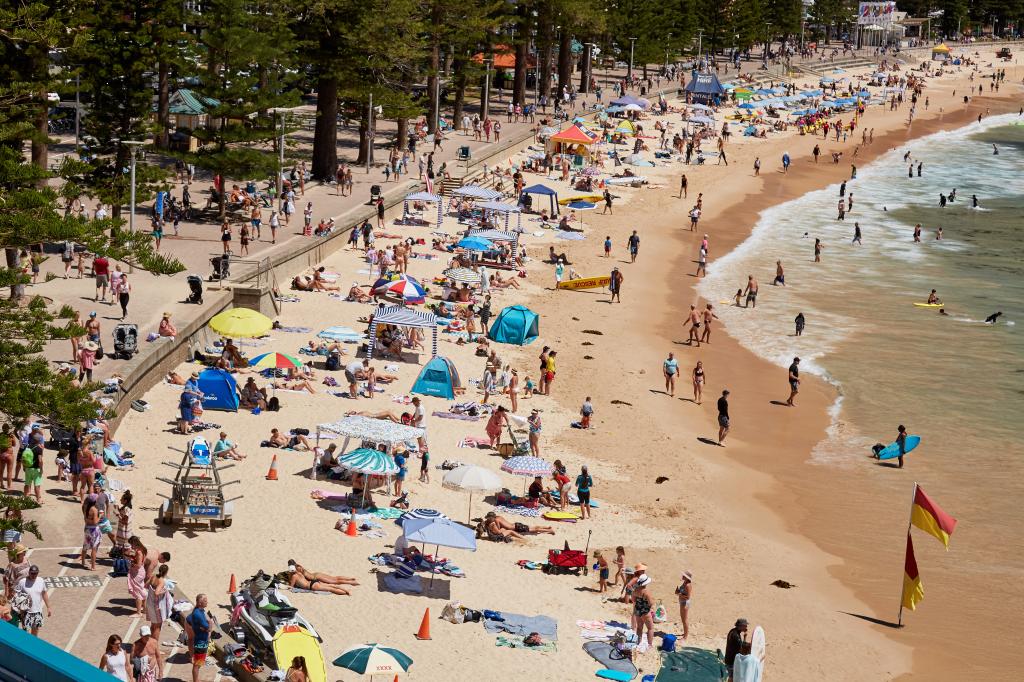
NSW residents have been urged to consider dialling down their use of power during the sweltering heatwave today, to avoid further strain on the state’s energy supply.
Temperatures have soared to 37 degrees in Sydney on Thursday, with areas in the city’s west expected to reach 40C (the second day with temps higher than 40C in days).
It’s bloody hot, and naturally, people are cranking their air-conditioning to keep cool, with energy use expected to peak between 5pm and 9pm.
The problem, though, is that with the Sydney heatwave comes concerns of strain on the city’s electricity grid.
The Australian Energy Market Operator (AEMO) has forecast a “Lack of Reserve 2 (LOR2)”, which essentially means it’s tightening electricity supply reserves. It’s not uncommon for a heatwave to trigger this, since people use a lot of energy to stay cool.

NSW Energy Minister Penny Sharpe has urged people to limit any non-essentially energy usage between 5pm and 9pm to help ease the strain on supply.
“If you can turn your air-conditioning up a little bit, over about 24 is fantastic,” Sharpe said, per news.com.au.
“Every small bit of action that we take will make it much easier to make sure that the grid stays on and there’s not a problem.
“No one is forced to do any of this. We’re just simply saying, when you go home tonight, if you don’t need to use your dryer, or you don’t need to put the dishwasher on until tomorrow morning, just please do that.”
Other ways you can reduce electrical use is by turning off lights when you’re not in the room, or only cranking the AC in the room that you’re in.

Sharpe also encouraged large commercial consumers to reduce their energy use, as well as government agencies, and warned that this is probably going to become a common issue this summer given we’re expecting more heatwaves.
“We’re going to have hotter days over the summer, and particularly when we head into February when everyone is back at work, and we’re no longer on school holidays,” she said.
“Three or four days of hot weather will make it very tough for people, so partly this is about working through those issues today… and looking at what else we can do as things actually get a bit more challenging.”
Sharpe did note that a NSW coal-fired power station was down today, which is contributing to the strain on energy supply.



